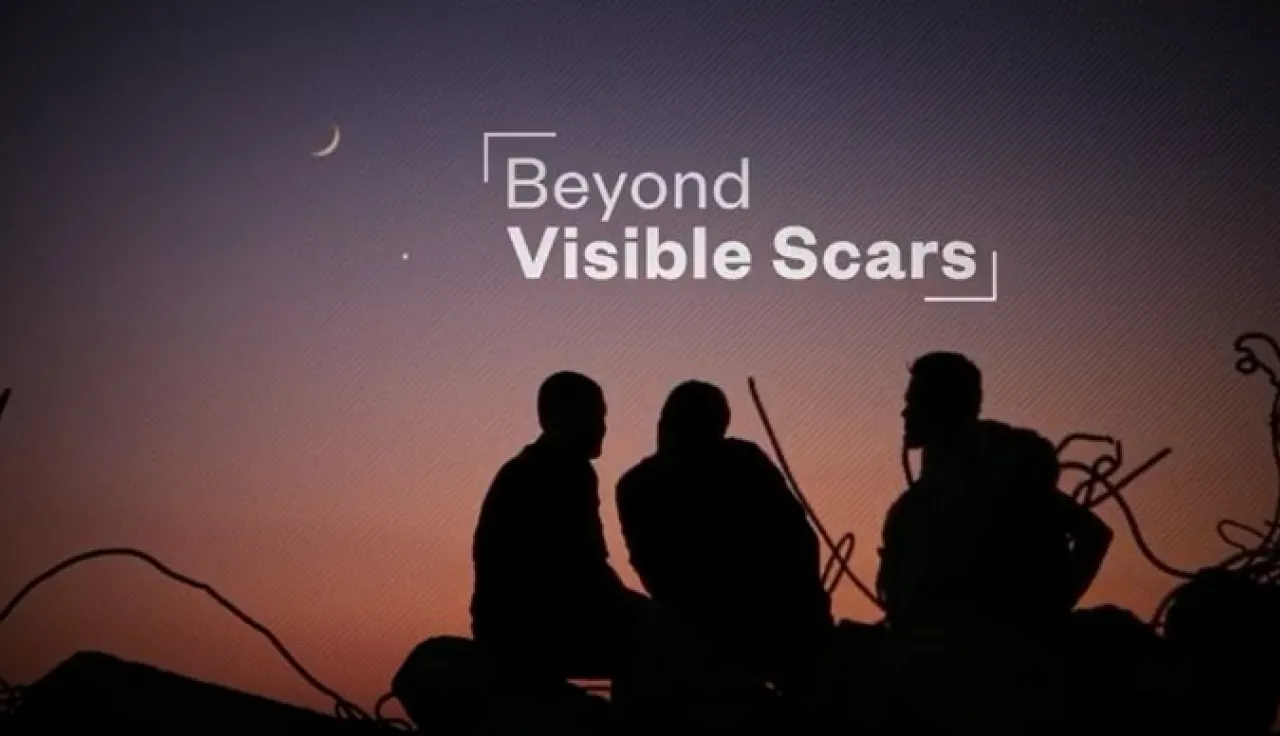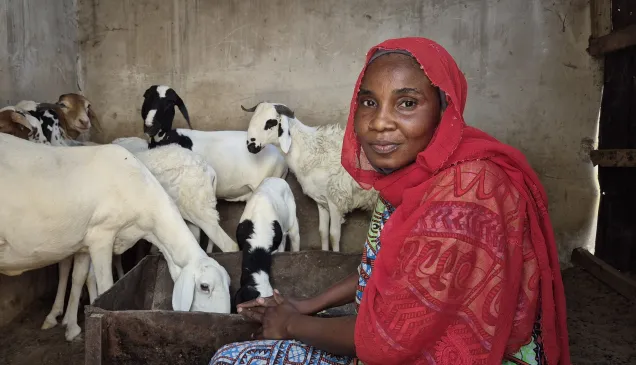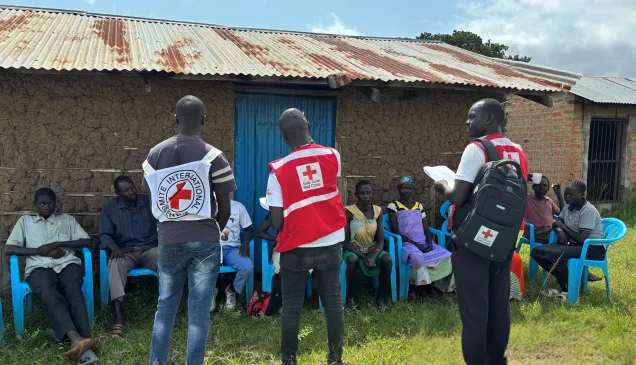During armed conflict, other situations of violence and humanitarian emergencies, individuals and communities are affected drastically. Their suffering goes beyond the scars visible to the naked eye. In "Beyond visible scars," three such individuals share their traumatic experiences.
Gombo in Nigeria, Hamda in Lebanon and Fatma in Gaza describe the psychological and psychosocial effects war had on them.
The ICRC currently runs 77 Mental Health and Psychosocial Support (MHPSS) programmes in 38 countries around the world in order to respond to people's mental health and psychosocial needs.
The MHPSS team includes over 100 local and international mental health professionals. They provide support to affected people by helping to reduce the psychological distress. They also help improve their daily functioning and coping mechanisms.
"Recently, I shared how listening to music makes me think less about the bad things and helps stop the nightmares. Truly, being with this group makes me feel better." – Gombo, psychological peer support group participant of victims of violence, Nigeria.
"We learnt to be more aware and in control of our feelings and to manage our stress. I used to take the stress from work out on my children. I shouldn't put this burden on them" – Fatma, midwife trained by a Helping the Helpers' programme, Gaza/ILOT.
With the MHPSS support offered by the ICRC, Gombo, Hamda and Fatma managed to gradually overcome their distressing experiences.
Like many others living in conflict zones and countries affected by violence, they too learnt to cope with their emotional difficulties in order to live a functional life.




